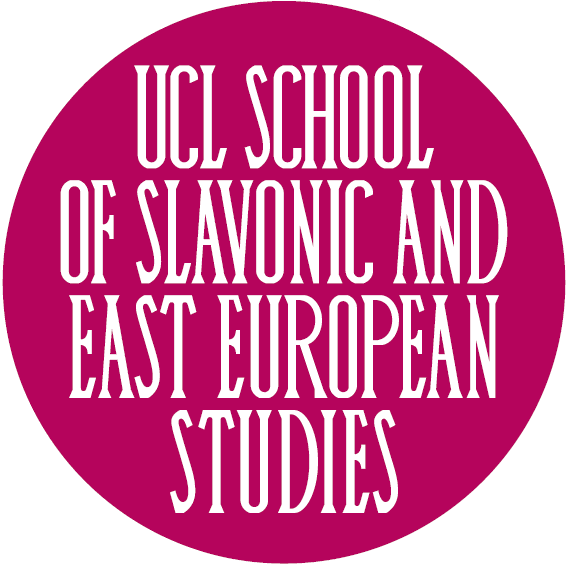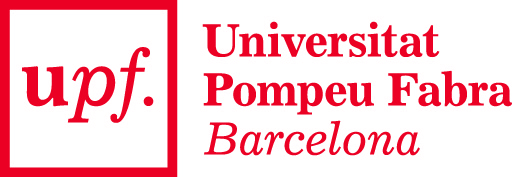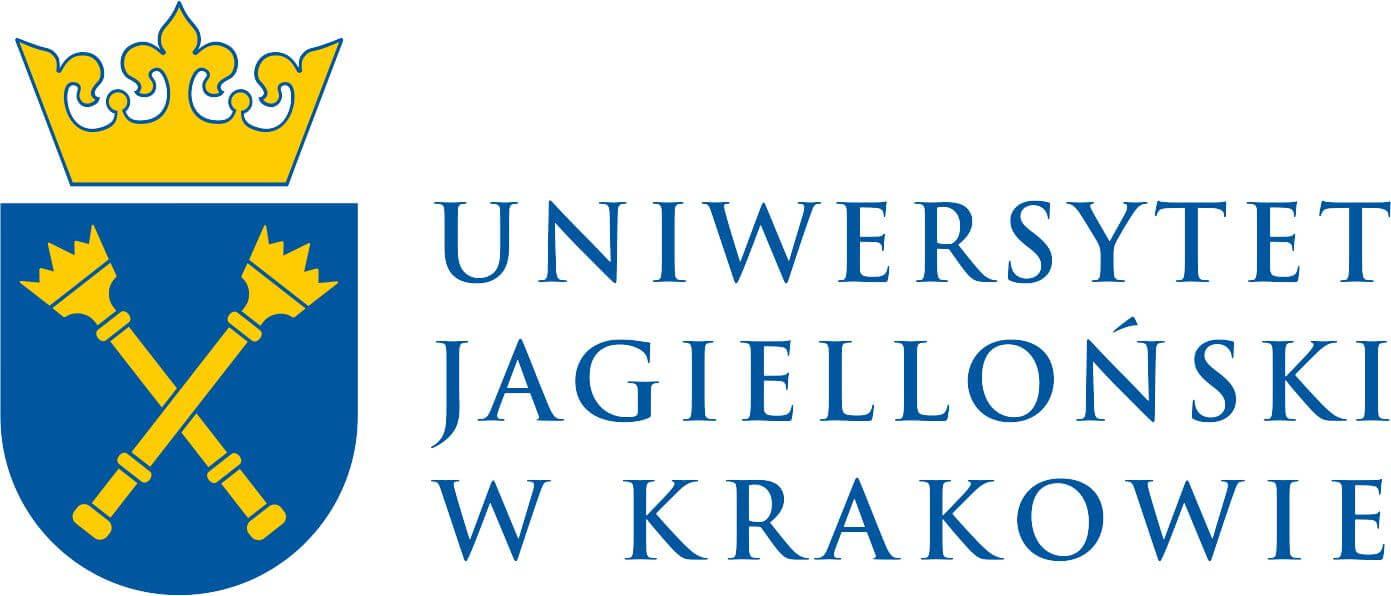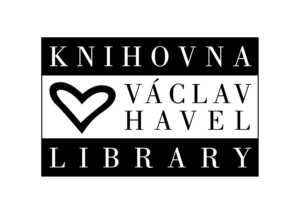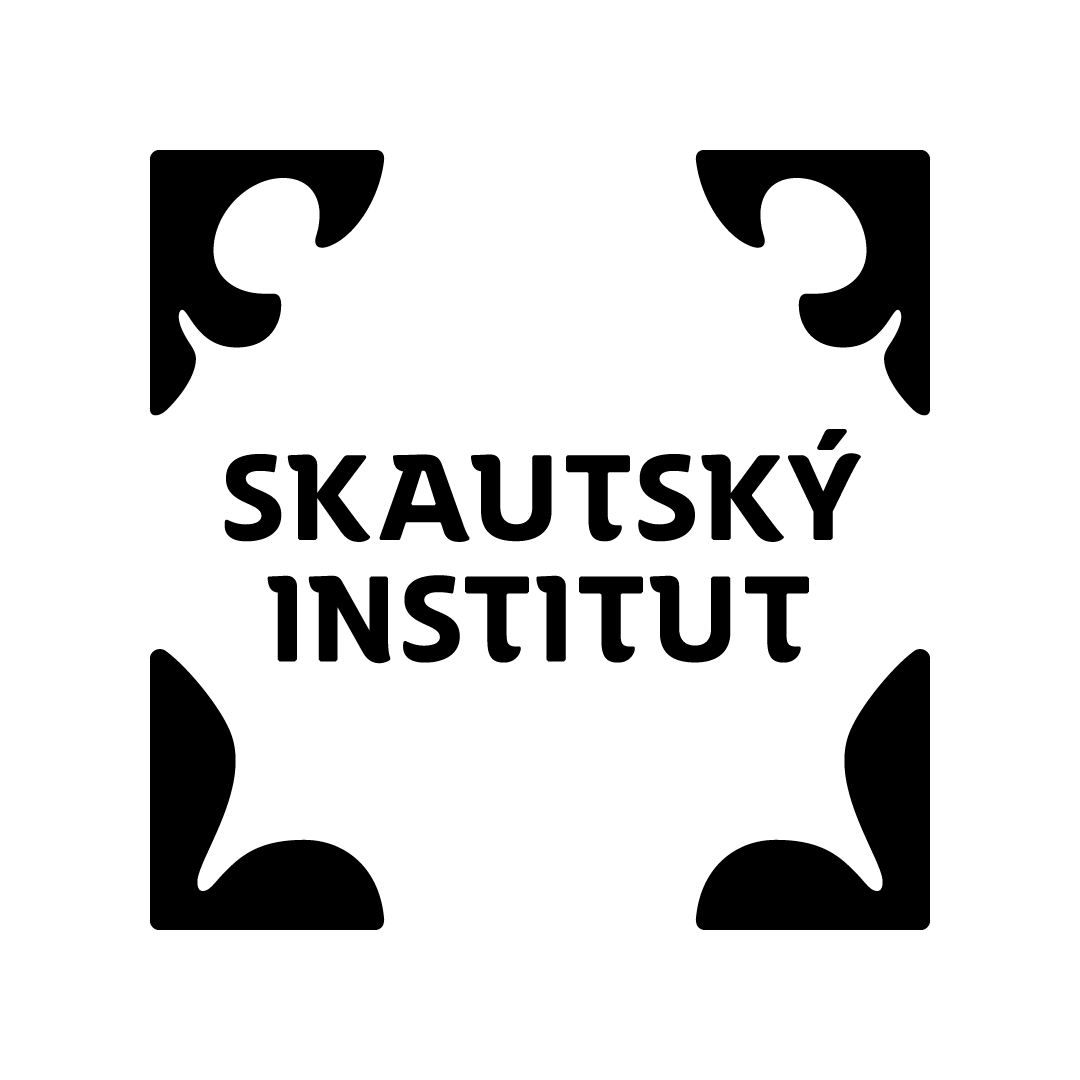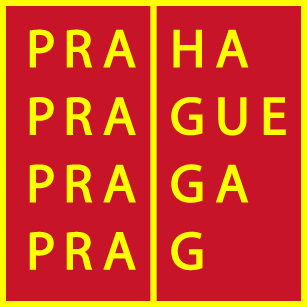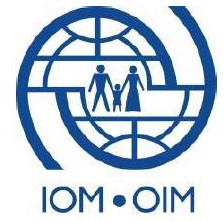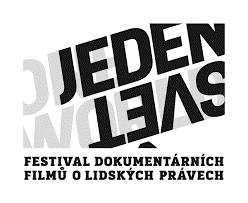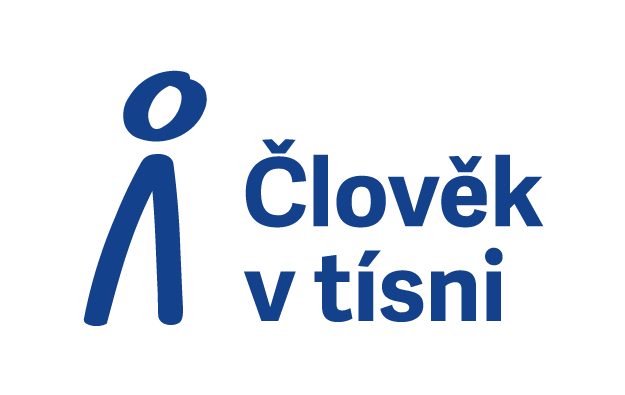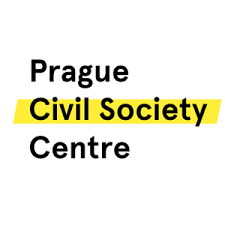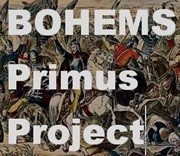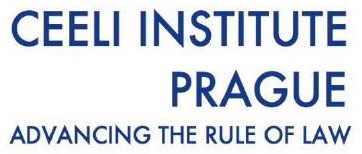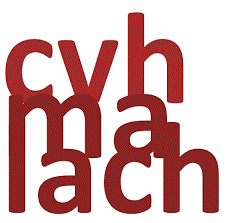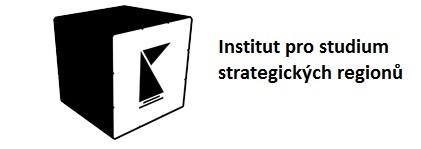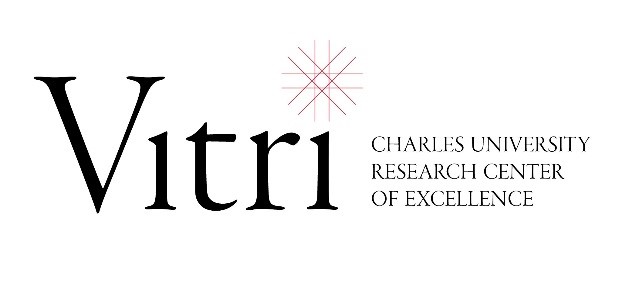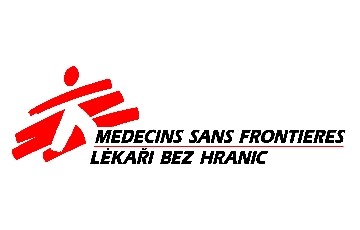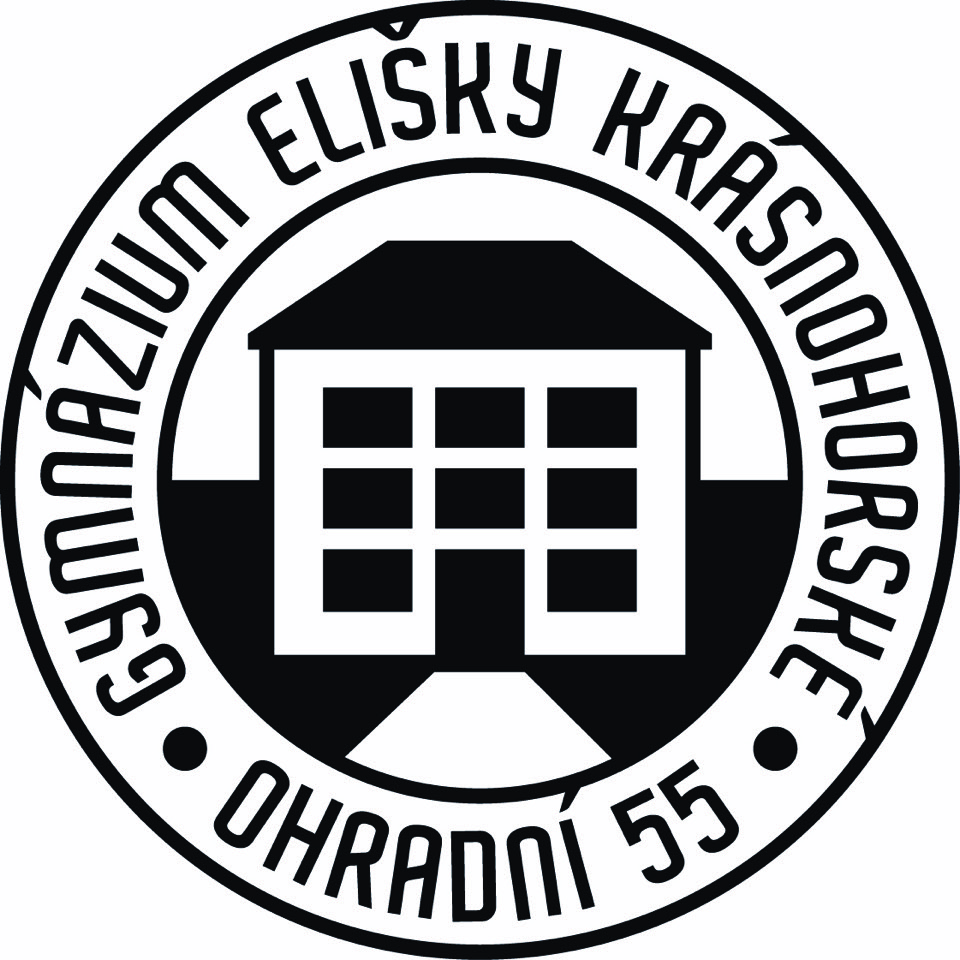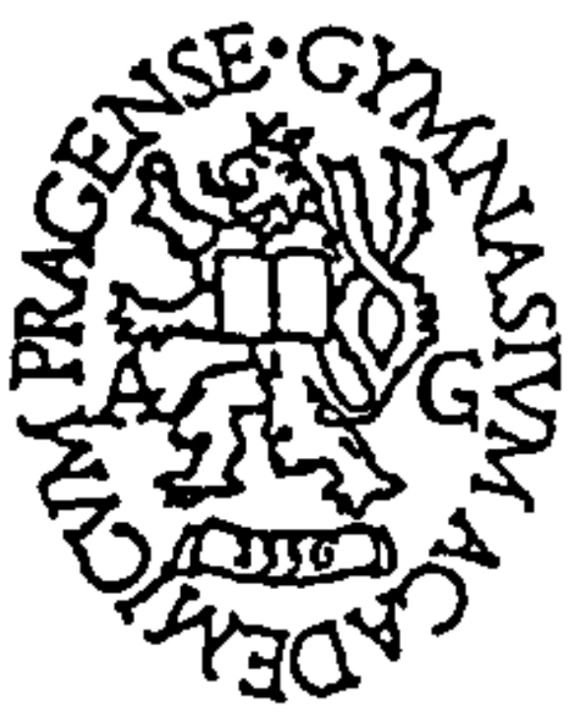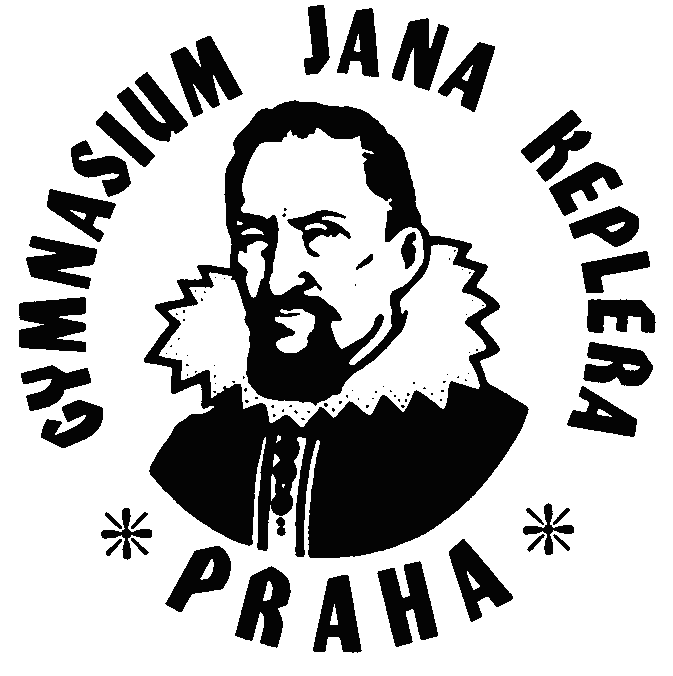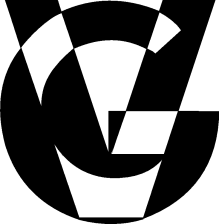A SMALL PLAQUE TO A GREAT HERO IN BOHUŠOVICE NAD OHŘÍ
A SMALL PLAQUE TO A GREAT HERO IN BOHUŠOVICE NAD OHŘÍ
18 Nov 2019
Ondřej Klípa //
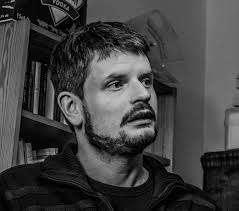
This year, I had the chance to again see the railway station at Bohušovice nad Ohří. To be honest, there is not much I would like to see in this small and shabby North Bohemian town. Yet, this tiny railway station played a crucial role in the fate of (mostly) Czech Jews and in a story that captured my life for the better half of a decade… But let´s begin in late 1941. A local young dispatcher named Karel Košvanec had to receive strange trains that arrived at odd hours and unloaded hundreds of people of all ages, struggling with heavy suitcases. The people were as frightened as hunted game. When the guards were not looking, they would approach the railway-man, beg for water and plea with him to send their letters at given addresses. Košvanec, confused and curious as he must have been, unfolded the letters and step by step figured out that something very bad was happening to a group of his countrymen – Jews. Bohušovice served as the nearest train stop from where they had to march to the Terezín Ghetto (three kilometers away).
As was common among Communists from the interwar era, Košvanec (who joined the party in 1922) wasn’t burdened with anti-Semitic prejudices. Moreover, he decided to help those in need, despite the fact that it was putting his family with three kids in mortal danger. His decision gained a totally new dimension almost a year later when he met a 21-year-old beautiful Jewish maiden Eva Mändel (later Roubíčková), who was then working in the ghetto “agriculture unit,” on some meadows in front of the ghetto walls. From that moment until the very end of war (as a worker in a crucial ghetto unit, Eva was exempt from transports to Auschwitz), she as well as her family and friends received vital food supplies from Košvanec, which kept them alive in the ghetto. Košvanec with his wife Marta and their oldest daughter Vlasta organized James-Bond-style conspiracy activities. Eva collected dental gold and wedding rings in the ghetto, Košvanec sought for and bought various food stuff (mostly pigs) on the black market, and his wife pickled the food in a secret food processing “manufacture” at home. Košvanec smuggled heavy bags into the ghetto with the proviant at night (he had a special coat with the star of David for such purpose). 12-year-old Vlasta would help him carry the delivery close to Terezín and would serve as a messenger of Jewish letters and contraband outside the ghetto. She said that her father sometimes spent the whole night laying on the ground and waiting for the moment when the guards turned away so that he could sneak among them… He usually underwent this risky endeavor twice a week.
Košvanec died of pneumonia soon after the war, surely as a consequence of three years of an exhausting “double life.” After the Communist coup in 1948, the whole family of a faithful party member was falsely denounced by an envious neighbor. Their property was confiscated, they were publicly disgraced in the city of Liberec where they lived, and Marta (also a pre-war party member) was sent into a labor camp for three years.
When I worked at the Office of the Czech Government, my close colleague was a relative of Eva Roubíčková. She told me about this totally forgotten history and introduced me to Eva as well as to Vlasta (today Rypáčková). Both old ladies openly shared their memories with an eager listener (and allowed themselves to be record for the “Memory of Nation” database). Since then, I have experienced several touching moments with 90-year-old Eva, who readily joined (always coming alone by public transport!) discussions with my students. Our common adventure ended in 2013 both with Eva´s passing and – symbolically – with the posthumous awarding of the “Righteous Among the Nations” title to Karel Košvanec by Israeli ambassador Gary Koren. We decided the event would take place in Liberec City Hall – for the sake of family satisfaction. (Here again, I need to thank to both Eva´s and Vlasta´s families for all the fascinating documents needed for the application to Yad Vashem). Deeds of Košvanec were witnessed not only by Eva´s family but also by other survivors and their descendants (Doris Grozdanovičová and Marta Kottová as well as the Fantl and Löbel families, etc.).
However, what I first wanted to do after having learned about the whole story was to commemorate Karel Košvanec at the place where it had all started – the Bohušovice railway station. Tomáš Kraus, the secretary of the Federation of Jewish Communities in the Czech Republic, helped me find the resources for that idea. After some paperwork with Czech Railways and other interested parties, the memorial plaque could be installed. My former boss, Czeslaw Walek, approved a Government micro-bus, ceremonial wreath and a lunch in a local restaurant for all the guests of this – in fact, my private – event. The official opening also served as a “reunion” of both Eva´s and Vlasta´s families after some decades. Last but not least, I should mention my little daughter Amálka, who “lent” me her diaper to cover the plaque before its opening.
To my pleasure, the plaque is still there. And to even greater pleasure, a new brass plate appeared next to it. The new one commemorates the whole place as a rather unknown stop of thousands of Jews on their long and thorny way to what is today termed the holocaust.
Reference: Klípa, Ondřej. A small plaque to a great hero in Bohušovice nad Ohří. PRIMUS BOHEMS Web, 18.11.2019. Link: http://www.bohems.fsv.cuni.cz/post/153.







